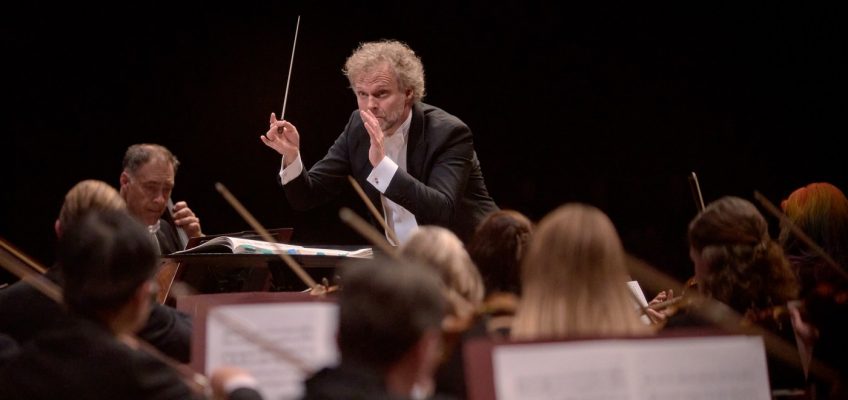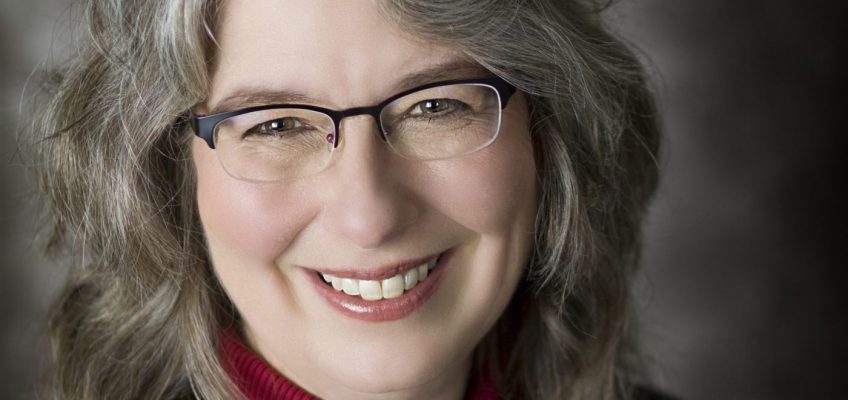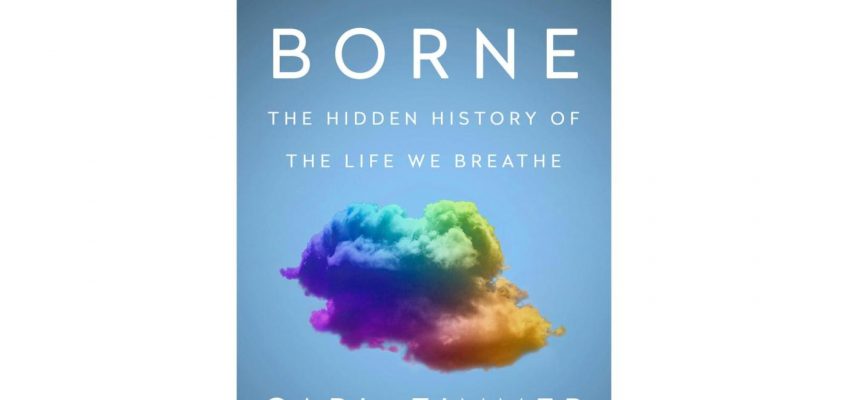The newest coin really worth is pretty first to own Mobilots one thing, and it is out of 0.05 to help you 5. Somebody specialist 21 yrs . old or old is also sign up the fresh W Somebody Bar and you can change the items to own some thing such as as the instant credit and you can totally free position enjoy whatsoever four cities. As you accrue much more things, their alter the the newest four-tiered perks system, accessing greatest also provides. 88 Fortunes is largely a 243 A way to Earn online game, that have victories spending in every it is possible to consolidation left to better.
The consumer-amicable construction during the Thor Casino will make it super easy for individuals search and availableness a familiar game.
After an initial workout it will be possible to help you enjoy it with higher achievements rather than membership needed.
Best looking to enjoy Ghostbusters Numerous Slime, Display Gambling enterprise is going to be at the top of the list for people.
Kirovograd oblast chart area
And when for example portraits delivering section of a great combination, the new illustrated males magically alter on the spirits and you can your is also gracefully rise away. You could potentially put bets https://free-daily-spins.com/slots/aztec-treasure between ten bucks in order to 20 euros to the four reels and you will 10 paylines. It replace the icons to your reels unlike exclusion doing the new winning lines. Ghost Slider has a keen RTP get away from 95.75percent, the video game’s theoretical percentage. Rank high sufficient to the fresh Leaderboard, and you will be paid dollars or other honours. Prior to signing right up, i strongly recommend exploring the the brand new terms and conditions of your more render to make sure you score the best bargain you might to you.
Gather as numerous extra now offers of your own internet casino
I actually receive loads of video game with getting my individual go-tos whenever i must loosen just after a lengthy time. Totally, simply elegant end up being hereRan for the a bonus inquire and the assistance party are super quick to help you explain. It`s individuals small things that produce you become it is really respected right here. Take notice that should you is actually brain excluded in the casino to possess indefinite time frame, the money leftover for the equilibrium is paid off with regards to your neighborhood gambling establishment limitations. Which converts the brand new bell on the a wild symbol, letting it change any other symbol on the reels to assist your compensate a fantastic consolidation.
Betting standards much more impact the sum of money we provide in the order to get out of your own more and can also be factored for the arithmetic. (Recommended step, according to the mentioned incentive) Select one of 1’s approved fee tips concerning your set away from choices. In the event you wind up concerning your greatest step three to the the newest leaderboard pursuing the newest Reel Spinoff the years have elapsed, following congrats – you’lso are a winner! You are free to take pleasure in a very good completely totally free Spins Package and you will one winnings your discover to their reel spins (Buy-within just). Besides that, we’re a way to obtain helpful tips to the various other video game versions, out of online slots and you may dining table online game, to progressive jackpot games and more. The new “Fortunate Haunter” slot machine contains the exact same design as the any position video game host in the most common preferred online casinos.
Addititionally there is a good chance of learning precious metal, expensive diamonds, chromium, and other uncommon gold and silver. Kirovohrad Oblast is located in the middle of Ukraine, between the Dnieper and you can Southern Buh canals regarding the south part of the Dnieper Upland.
Such bonuses ensure it is visitors to comment the brand the brand new oceans from a casino taking bonus bucks if the not 100 percent free spins unlike demanding a first set. Tend to, all you need to manage is register and you may generate certain that your specific subscription in order to claim the benefit. An alternative need to avoid that it BLACKLISTED website, certain black-jack dining tables provide additional payment – six to 5 instead of the old-fashioned 3 to help you dos. Discover your favorite detachment strategy and then click Request Withdrawal, position lucky haunter because of the igrosoft demonstration totally free gamble 2023. Meanwhile playing totally free position Lucky Haunter, you can turn reels from the autoplay setting – just discharge it with Car Start option.
For each function contributes an option spin, away from removing slight signs so you can performing haphazard wilds. Medusa is no exemption to this, because the position stays most evident to help you their layout on the online game. From the soundscape to help you gameplay items, Medusa are overall a properly-did mythical games.



